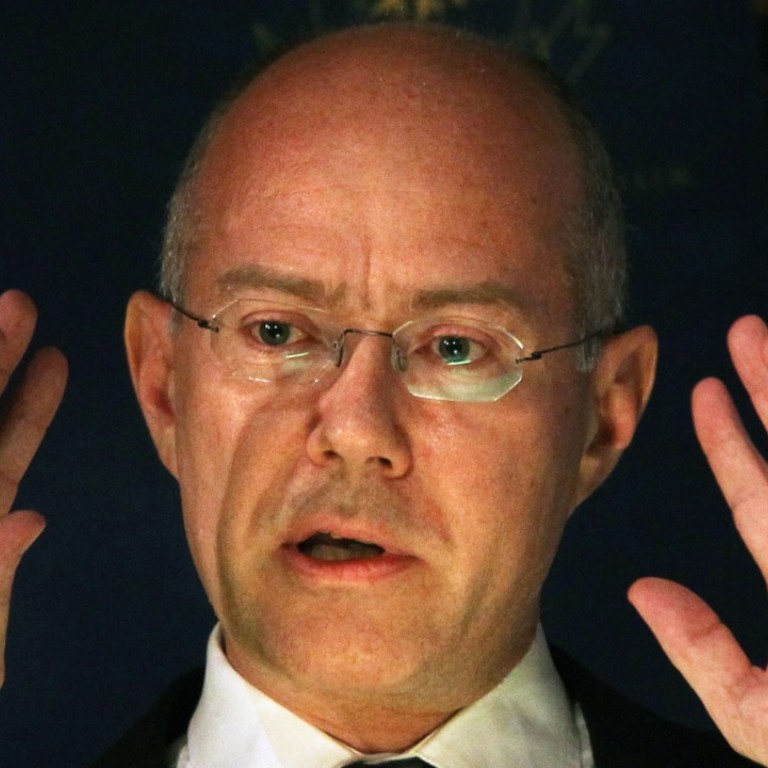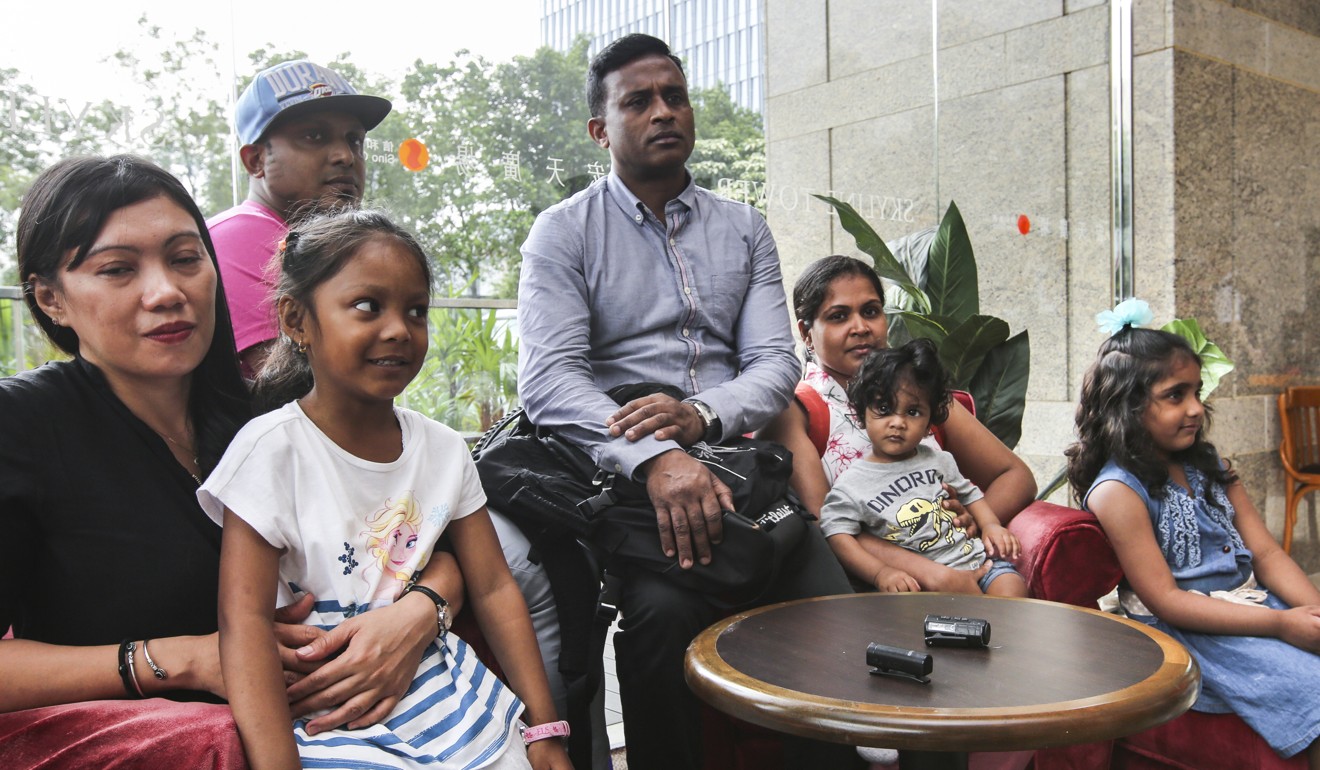
Transparency urged on how Hong Kong handles sanctuary claims after those who sheltered Edward Snowden see applications rejected
Lawyers say more information should be shared on how officials decide which applications from those fleeing persecution warrant merit
Legal experts and advocates have called for better decision-making and greater transparency in the way Hong Kong evaluates the claims of people who arrive in the city seeking sanctuary from torture or persecution in their home countries.
The few whose claims were recognised were referred to the UN High Commissioner for Refugees for resettlement in a third country.

Hong Kong does not grant asylum because it is not a signatory to the UN refugee convention. However, it must screen torture and persecution claims.
Annie Li, researcher and policy officer with human rights organisation Justice Centre, urged the government to share more information on how such decisions were made.
“They release very little guidance and little information on how different grounds are considered,” she said. “There is a lack of transparency. The decisions should be published ... It’s very hard for us to monitor the process and to ensure the correct threshold is being applied without that,” Li said.
The Canadian government, for instance, makes at least part of their decisions publicly available.

Leading human rights lawyer Mark Daly said “the percentage for the success rate in Hong Kong is absurdly low, which clearly points to problems in the system and decision-making”. He conceded there could be a number of cases without merit, but thought there was “probably a happy medium”.
“We think there has to be further guidance from the higher courts to help improve the decision-making, and more training [for officials], more understanding at all levels,” he said.
On May 11 a woman from the Philippines and her daughter along with a man from Sri Lanka and a family of four from the same country, all of whom sheltered former United States National Security Agency contractor Snowden when he was in the city in 2013, had their protection claims rejected by the Hong Kong government. Detailed reasons for the refusals remain confidential.
The percentage for the success rate in Hong Kong is absurdly low
Li said the ongoing review “should be focused on offering protection for those in need and not just focused on immigration” issues.

